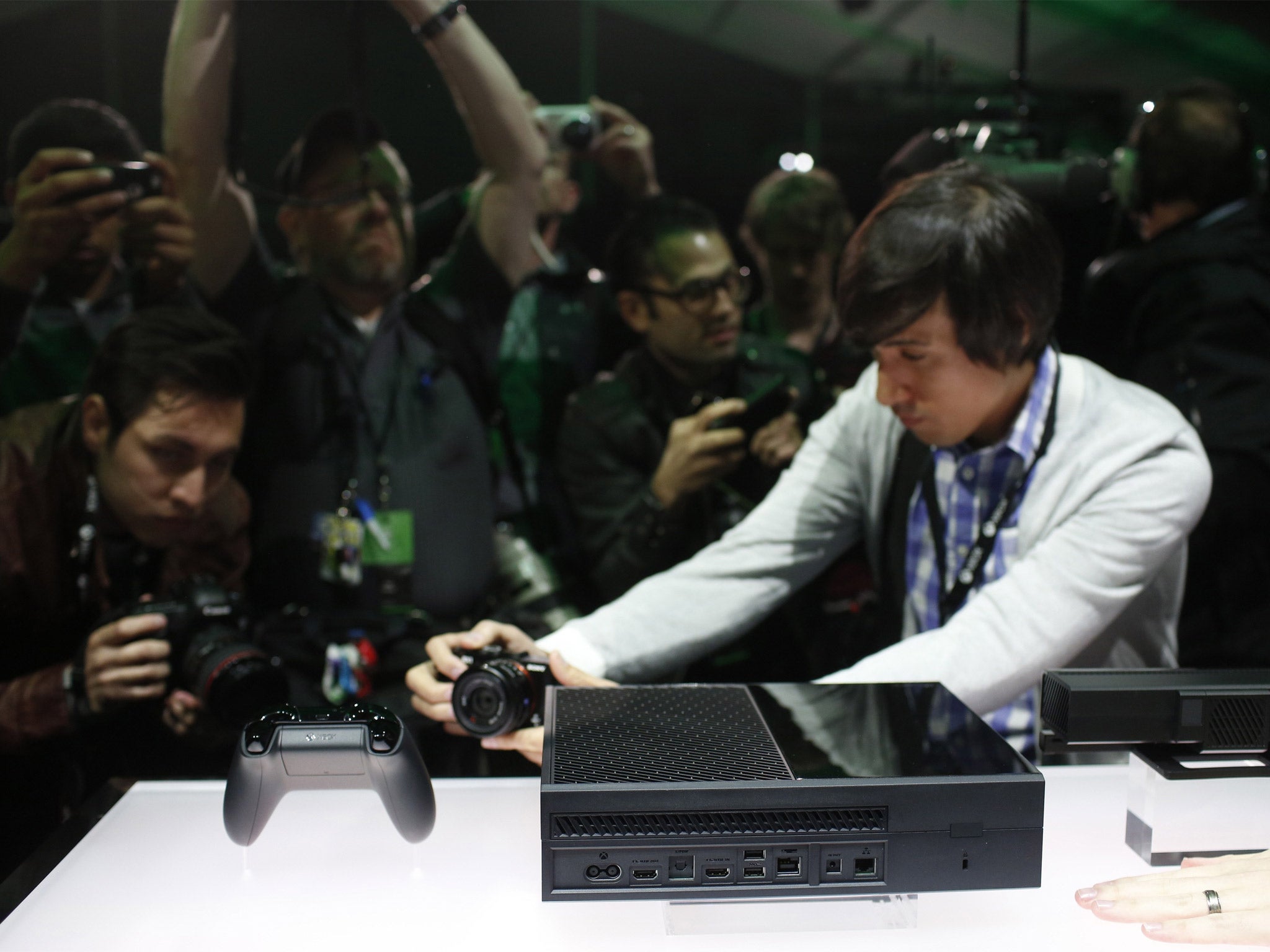Gamers petition Microsoft over Xbox One DRM - are we missing out?
More than 17,000 sign a petition asking Microsoft to bring back controversial policies

Usually the topics that get gamers excited are next-gen graphics or – if we’re feeling particularly cerebral – issues of plot and character. But at this year’s E3, with the launches of the PS4 and Xbox One setting the blogs ablaze, there was only one topic on everyone’s lips: DRM.
Amazingly Microsoft actually responded to the fan outrage and reversed their decisions – users were told that yes, they could freely share games, there would no longer be an internet connection needed every 24 hours and there would be no region locking for the console.
Yet now it seems that certain sections of the gaming community are still not happy and have launched a petition on change.org, demanding that Microsoft “give us back the Xbox One we were promised at E3”:
To quote the petition text: “This was to be the future of entertainment. A new wave of gaming where you could buy games digitally, then trade, share or sell those digital licenses. Essentially, it was Steam for Xbox.”
“But consumers were uninformed, and railed against it, and it was taken away because Sony took advantage of consumers uncertainty. We want this back. It can't be all or nothing, there must be a compromise.”
With over 17,000 signatories on the petition it seems that Microsoft just can’t win on this issue, but the question is, what are gamers actually missing out on? For a start, the loss of tight-leash on DRM means no games in the cloud, and no more ‘sharing library’ – a feature that would have allowed gamers to share titles with up to ten members of your family.
Some think that in reality the proposed DRM changes would actually have encouraged sharing. Rather than relying on passing the physical disc along gamers could – depending on publishers’ restrictions – have swapped games without ever leaving the house.
And although the mandatory 24-hour internet check would have been a massive annoyance for certain sectors of the gaming community (soldiers overseas were often namechecked), for the majority it wouldn’t have been an issue – and Microsoft had even promised that the daily check could have been accomplished by hooking up your phone to the console.
Following the announcement of the Xbox policy reversals a self-professed “Heartbroken MS employee” vented via pastebin:
“Being part of the team that created the entire infrastructure to include the POS (point of sale) mechanisms I must say that I am extremely sad to see it removed […] We didn't do a good enough job explaining all the benefits that came with this new model. We spent too much of our time fighting against the negative impressions that many people in the media formed.”
Ultimately it seems that there just wasn't enough information. Sharing games licenses online would have certainly been a step forward for the industry, but with the decisions left in the hands of publishers who would have had very different takes on what constituted 'fair' use (I'm looking at you EA) it might have been great, but it might equally have been terrible.
I can see why people have petitioned Microsoft for the 'promised' Xbox One (I can also see why people might sign up for a joke - to those people I ask, are you really trying to 'troll' a poll?), but the whole situation is just a mess of might-have-beens and who-really-knows. For those of us that think digital license sharing might be a good match for console gaming there's really nothing to be done except - and this is just another maybe - wait on the Steam Box.
Subscribe to Independent Premium to bookmark this article
Want to bookmark your favourite articles and stories to read or reference later? Start your Independent Premium subscription today.

Join our commenting forum
Join thought-provoking conversations, follow other Independent readers and see their replies